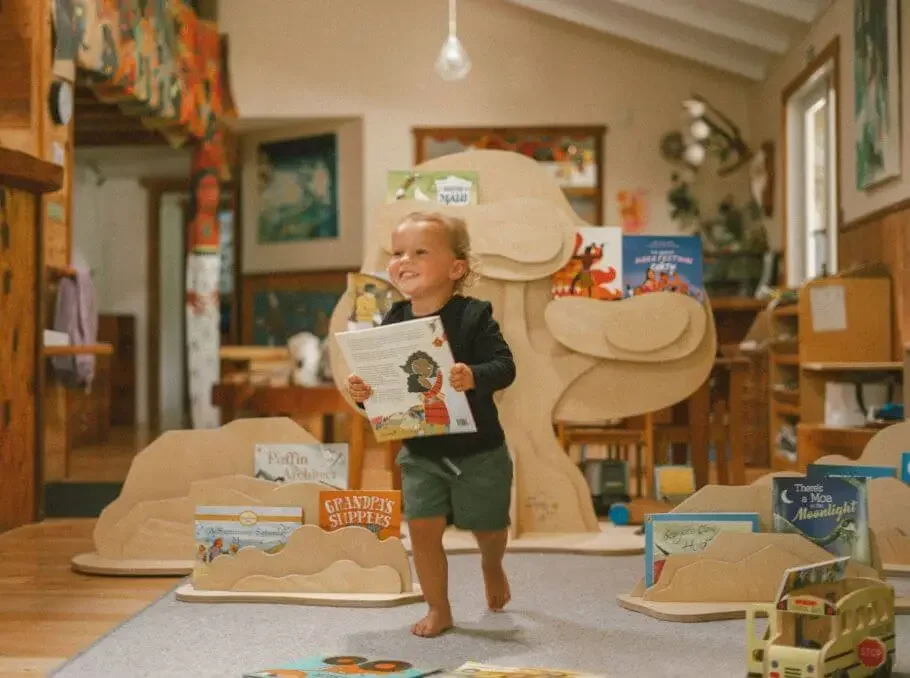Child and Whānau Wellbeing
Te Huringa ō te Ao Whānau Voices Project is a shift in how we listen, how we design, and how we honour whānau voices. The research is led by Point and guided by a Kaitiaki Steering Group. It uses a kaupapa Māori-informed, trauma-aware approach to uplift tāne, whānau, and community voice - exploring aspirations, service needs, and opportunities for culturally grounded, whānau-centred change on Waiheke Island
Since 2014, Point & Associates has supported TYMS to grow its impact. In 2025, we are helping embed evaluation and reflective practice into their FASD initiative - turning their inspirational mahi into powerful learning and insight.
Toxic stress affects too many tamariki - but even removing one stressor can make a big difference. In Whanganui, the Growing Collective Wellbeing Project is helping whānau build resilience, together.
The Mana Whānau evaluation is capturing how intensive, in-home parenting support is helping keep tamariki safely with their whānau. Through hui, interviews, and shared learning, the process is surfacing what works - and what matters most.
With 100 bookshelves delivered to ECE centres in 2024, the Little Libraries project is lifting the status of reading for tamariki and whānau. This evaluation shows more reading, more engagement, and more joy - one book at a time.
The Hurihanga Initiative is a whānau-led response to intergenerational harm in gang-connected communities, and was evaluated using developmental, kaupapa Māori-informed methods that prioritised reflective practice, relational insight, and whānau voice.
In 2024, ATWC partnered with Point & Associates to evaluate its Granger Grove residential programme - supporting mothers and tamariki through complex transitions. Through interviews, literature reviews, and thematic analysis, the project surfaced powerful insights into trauma-informed care, parenting, and systemic change. The final report will help shape a stronger, more sustainable programme for wāhine and their whānau.
The Caring for children and tamariki with family and whānau care packs programme was informed by and followed on from the Storytime Foundation Lockdown care packs projects. These evaluations explain the underpinning evidence and the strategies used with the care pack projects, and provide a window into the perspectives of whānau, children, probation officers and police.
Read the latest reports from the Peter McKenzie Project to understand how the project is making a difference to whānau wellbeing, how it is impacting the causes of poverty by supporting upstream systems change work and how it has adopted a participatory model of philanthropy
In this report, Alex Woodley reports on how child-centric prison visiting has deepened whānau connections in a positive way, decreased stress for children, and created the conditions to improve educational and wellbeing outcomes.
There are enormous personal, whānau, community and societal benefits in supporting tamariki to stay in the care of their families. This evaluation found that, if implemented with fidelity to the principles, approach and key components, Mana Whānau provides a safe and successful alternative to foster care.
This research, which involved 2,188 parents will assist MSD to ensure quality care outcomes for children who participant in OSCN, and help parents stay in and/or enter employment, especially for people vulnerable to poor employment outcomes.
This project considered how systems might be improved to remove barriers which stop young parents from achieving their ultimate goal to give their children a better life.
Point supported The Southern Initiative to explore how early experiences shape lifelong outcomes for tamariki in South Auckland. Through data, co-design, and whānau-led insights, the project aimed to shift systems to better support families in those critical first 1000 days
This report provides some early evaluative findings of the prison extension to Storytime and the emergence of the Early Reading Together® Programme.
This research, funded by the New Zealand Lotteries Research Fund, aims to better understand the parenting practices of new migrants in Auckland’s North Shore communities.
















